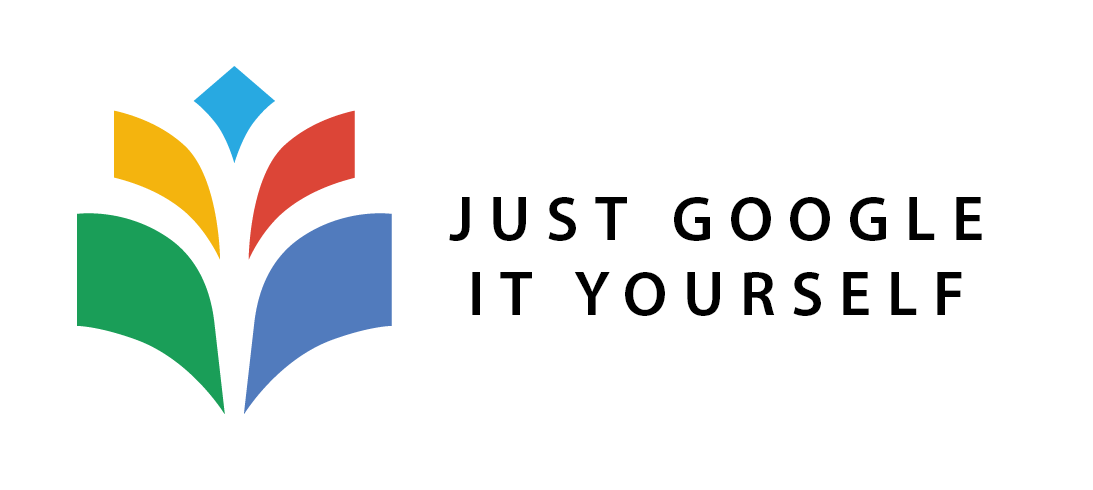
[I have cross-posted this blog on my Substack. You can follow my newsletter and Substack publications HERE]
The Internet is omnipresent in our lives. The magic of near-infinite knowledge in the palm of our hand would be scarcely believable for most humans since the dawn of history. Access to such knowledge is a boon, but it may prove problematic when it comes to learning.
Access to the Internet makes us smarter, right? We can ‘just Google it’.
But what if access to the Internet impaired our memory and stopped us thinking hard?
Research on ‘‘Google Effects on Memory: Cognitive Consequences of Having Information at Our Fingertips’ (2011) revealed that when people expect to have future access to Google that they have lower rates of recall for the information. Instead, our brain enhances recall for where to access the information. It is a subtle change of mental emphasis. For adult experts, this savvy use of memory may be helpful, but for novice students learning new knowledge it may prove a problem.
The researchers argue that this ‘mental outsourcing’ can be a threat to learning. For students in the classroom, we need them to allocate attention and mental effort to the material we are teaching them, be it photosynthesis in science or pathetic fallacy in English literature.
Does searching the Internet stunt strategic, hard-thinking?
A reliance on the Internet for information can create a habit or reliance on the resource. In a study on ‘using the Internet to access information’, researchers found that participants who used Google to answer difficult trivia questions were more like to use it for a new set of relatively easy trivia questions. So far, so unsurprising. For students, the implications for thinking hard over homework content, or problem solving with access to their phones, is obvious.
Ample evidence from cognitive science has shown that students need to think hard about what they learn to have a chance at understanding complex material. It may be effortful retrieval practice, such as trying to recall that definition of photosynthesis, or it could be the tricky task to self-test on that topic. Alternatively, it could be to explain aloud the meaning of pathetic fallacy and its meaning in Macbeth, instead of Googling some online analysis to pop into an essay.
With easy access to the Internet, it can result in easy thinking, but this may result in fragile learning.
In a recent US experiment, researchers explored the impact of Internet searching. Entitled, ‘Information without knowledge: the effects of Internet search on learning’, the researchers found the problematic presence of overconfidence that attended
Internet searches:
“Across five experiments, participants studied for a quiz either by searching online to access relevant information or by directly receiving that same information without online search. Those who searched the Internet performed worse in the learning assessment, indicating that they stored less new knowledge in internal memory. However, participants who searched the Internet were as confident, or even more confident, that they had mastered the study material compared to those who did not search online.”
We can speculate about the impact on novice students in classrooms. We can all recall that moment where we reached for our phones to find a fact we couldn’t quite remember. In many cases, this access to a wealth of knowledge can save mental energy to do more important, but we can also recognise it could compromise durable learning too.
Implications for ‘Just Google It’ in the classroom
Not all information on the Internet is created equally. Every teacher recognises the issues of ‘fake news’ or flawed websites purporting to be factually accurate. If the ease of the Internet search promotes over-confidence, does lowering our critical faculties – stopping more strategic, careful reading – add another issue to the ‘just Google it’ problematic rap sheet?
Within a couple of clicks, a novice pupil could be faced with deeply problematic content but without enough knowledge to interpret it adequately. Students can make one quick Google search for Henry VIII, for their history homework, but end up reading the latest ‘news’ on a Daily Mail commentator berating the National Trust for a supposedly ‘woke’ depiction of the infamous king. A subsequent related search of ‘Woke King’ on YouTube would then take students onto vile criticisms of Martin Luther King!
What are the implications for teachers and students? We need not isolate all technology from learning, but we should retain a note of caution. Outsourcing our efforts to the Internet can inhibit building those rich networks of knowledge so necessary to school success.
Unfettered access to Google may be a near-unimaginable boon to our ancestors – and it is handy for us too – but we should take care to not assume Googling it will lead to knowing and learning it.
Our message to students? You can sometimes ‘just Google it’, but certainly don’t rely on it.
[Pop this one in your bookmarks for later – who needs recall, right?]
Image via Creative Commons attribution: https://commons.wikimedia.org/wiki/File:UEF_eng_vaaka_1_white.png
